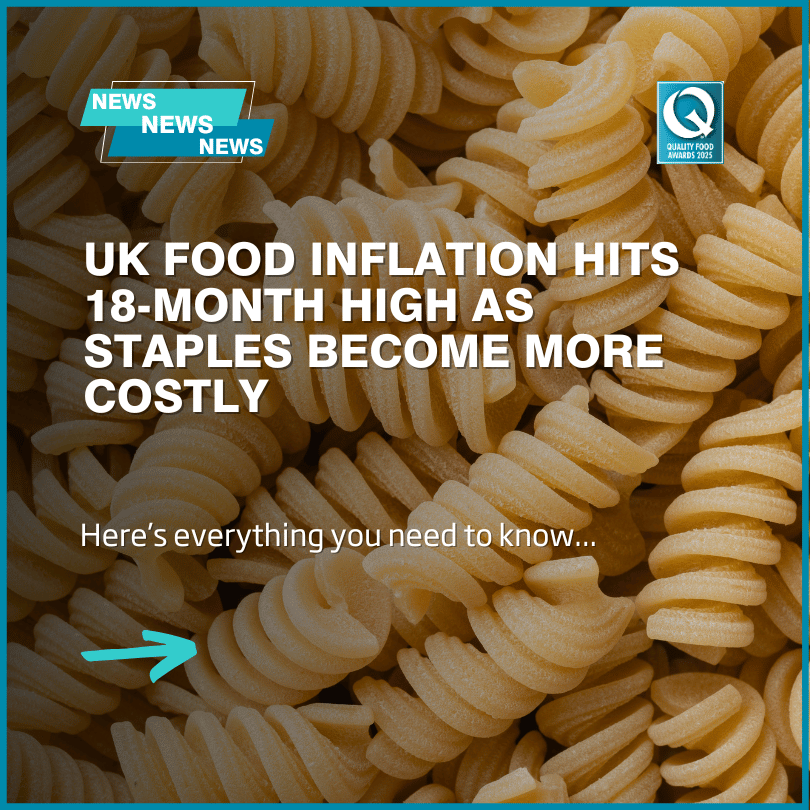
UK food inflation hits 18-month high as staples become more costly
Food price inflation in the UK has surged to its fastest rate in 18 months, driven by rising costs of staples such as eggs, butter, and chocolate amid ongoing economic pressures.
Food price inflation in the UK has reached its highest level in 18 months, with the rising cost of staples such as eggs, butter, and chocolate driving the increase. According to the British Retail Consortium's (BRC) latest shop price monitor, food inflation hit 4.2% in the year to August 2025, up from 4% in July. This marks the fastest rate of food price growth since February of the previous year, reflecting pressures from global supply costs, labour expenses, and seasonal weather conditions.
Helen Dickinson, the BRC's chief executive, highlighted the significant price rises in key items such as butter and eggs, attributing them to high demand, tightening supply, and increased labour costs. Chocolate prices have also surged, driven by global cocoa prices remaining elevated due to poor harvests exacerbated by climate change and crop diseases. Despite these food price increases, Ms Dickinson noted a slight relief for parents ahead of the new academic year, with reductions in prices for clothing, books, stationery, and computing equipment.
The wider context reveals that the cost-of-living squeeze on UK households continues to intensify. Inflation across all sectors unexpectedly accelerated to 3.8% in July 2025, the highest since early 2024, with food and transport costs being significant contributors. Food inflation alone climbed to 4.9% in July from 4.5% in June, injecting additional pressure on family budgets. Retail analysts have pointed out that food prices have increased sharply over the past four months, pushing many consumers to reconsider their shopping habits as household bills rise.
The inflationary pressures are also reflected in fresh food specifically, which rose 4.1% in August compared to 3.2% in July, while ambient (shelf-stable) food prices saw a slight decrease. Experts cite the Bank of England's national insurance contribution rise as a compounding factor for increasing food prices, as it adds to operational costs for food producers and retailers.
For retailers and small businesses, these rising costs pose significant challenges. Kate Rumsey, owner of Rumsey's Chocolaterie in Thame, Oxfordshire, reported that chocolate prices have trebled in 2025, escalating from around £4,000 a tonne to approximately £13,000 a tonne. Alongside rising costs for ingredients like eggs and butter, and higher staff wages, her business has absorbed much of the increase but has had to pass some costs on to customers, resulting in product price increases of 10 to 20%. In some cases, products have been removed from menus due to prohibitive production costs.
This combination of factors underscores the complexity and persistence of inflationary pressures in the UK food sector, significantly impacting both consumers and businesses amid broader economic challenges.
